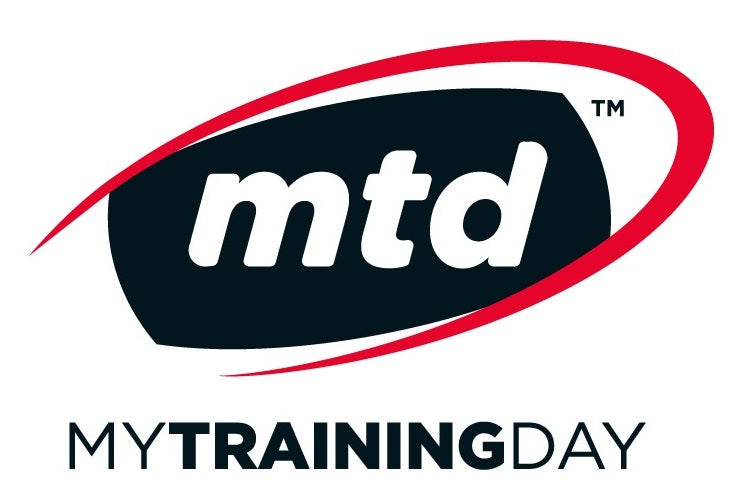I found the trail magazine really interesting this month.
Besides an article on Yoga /Mindfulness and Meditation, it included an article on our Fascia.
If you have ever been for Lyno therapy otherwise known as 'torture treatment' you will know what I am talking about. The new science is showing that the often dismissed ugly duck may just be the Swan. So bone and muscle have always been what are considered most important when looking at your body operating at optimal and now the 'stuff' pushed aside may just be the stuff we should be giving our attention to...
Not only does Fascia store physical injury and/or trauma, it is so closely integrated with our Nervous system it stores emotional events and/or traumas too. Ever been in a quiet, restful yoga pose and you just begin to cry? Or having a massage and you begin giggling uncontrollably?
OK, Whats the point Dave?
It's this integration thing about how if you want to be your best and show up as a complete and whole athlete, you have to keep growing in the new science. The new science that keeps showing us that training and developing our whole self is essential if we truly want to be our best and fully express our inherent capabilities.
Eating Well and Recovery as well as training consistently and then also realizing that personal relationships with yourself and others are all interlinked, intertwined and integrated just like the fascia connective tissue that was not valued has become a priority for us to fire like we can. Fascia can be the cause of injury and under-performance and can also be the reason muscle groups don't seem to be progressing.
So for the next 12 issues I'm going to be addressing largely the need of improving our head and heart space together with our physical training targets to stretch us all in how we are learning and growing personally as a Whole Person.
It could be confronting, actually should be confronting, but honestly can add a new dimension to your long term performance as an athlete and human being.
Please feel free to send me questions and queries from the articles.
Send your feedback:
Dave Vaughan


